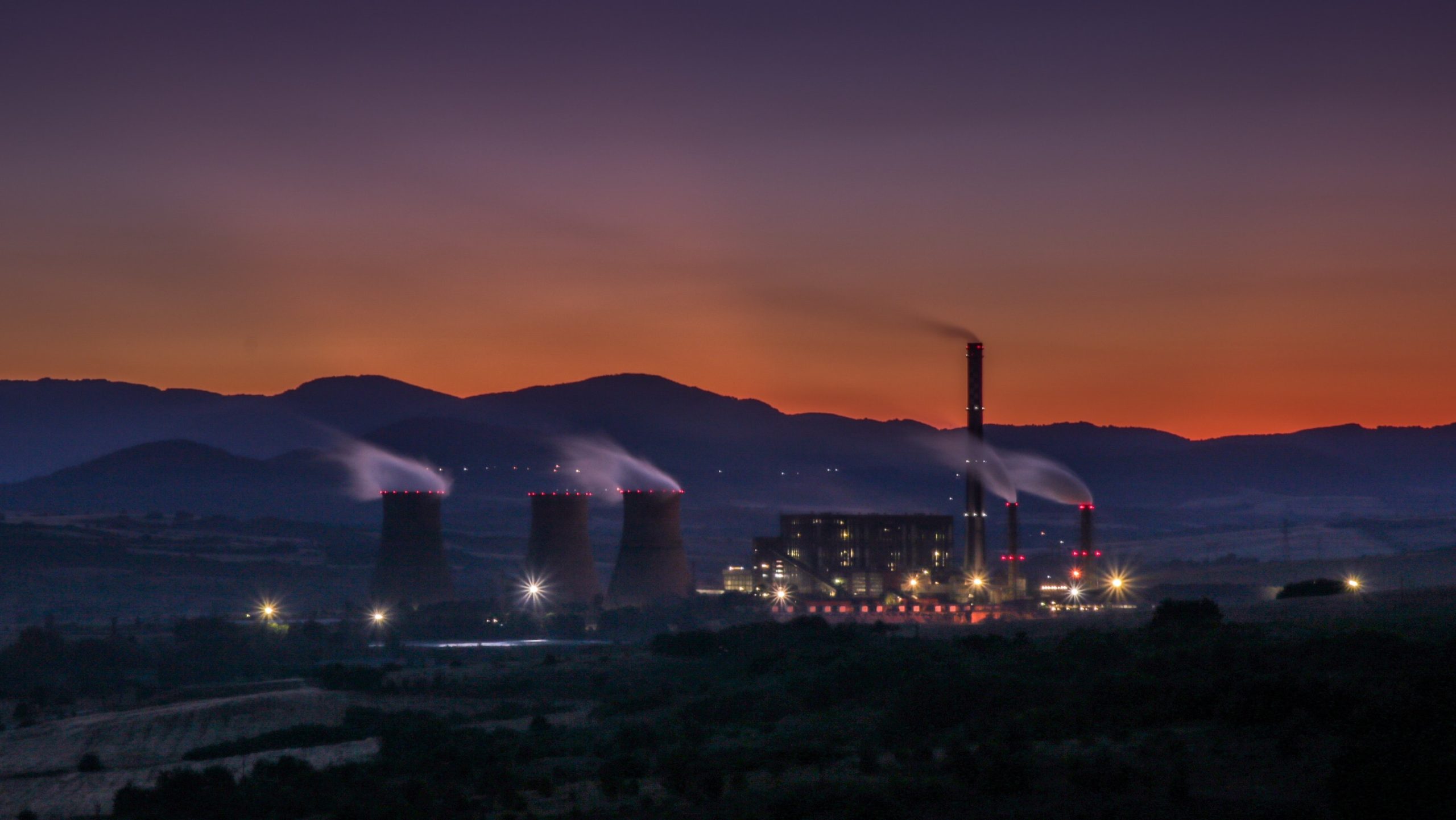‘By 2030, automation, globalisation and flexibility will change what we do in every job’ – Foundation for Young Australians (FYA)
Technological disruption is currently the most significant end-to-end impact on resource and mining operations. Successful companies are building business resilience and adaptability, embracing this disruption by investing in tech and transforming old paradigms and practices. What comes next is securing the workforce of the future, by preparing the business and its future leaders as ‘people investments’ into the fourth industrial revolution. An idiom coined in 2015, the ‘fourth industrial revolution’ describes the merging of physical, digital, and biological practices, with advances in artificial intelligence, machine learning, robotics, the Internet of Things and other technologies of exponential interest to the resource sector. Companies are investing now so they are not left behind, while underlying this is the need to guarantee the industry’s sustainability and innovation in terms of human capital. Job seekers and current workers alike should equip themselves with skills relevant to the industrial revolution’s burgeoning, with interdisciplinary skills in science, technology, engineering, and mathematics of increasing importance.
The future of work
The drivers of the future of work in the resource industry are threefold. These are technology, generational changes, and career shift.
Technology
Tech is changing at an exponential rate. From advanced data analytics to the automation of mechanical processes, introducing new technologies into the resource sector requires consideration of the role these technologies play and what the work will look like, to produce outcomes that drive value for the business. Upgrading technological infrastructure and integrating these technologies across the entire value chain will ensure that the industry changes. Fundamental to this shift will be hiring highly skilled and relevant workers who know how the technologies work and have the skills to troubleshoot. To meet this demand and build the sector into the future, employers will be looking for people with adaptable and transferable technical skills in areas such as small market metals, artificial intelligence, big data and analytics, robotics and drone tech.
Generational changes
The industry is on the verge of a transformation. Aging workforces, developments in vulnerable communities, sustainability agendas, and investments in technologies are powering the need for training and development programs. As is hiring workers with a social conscience. It is essential to educate employees on the future of work and the industry changes occurring under the umbrella of monumental technological innovation and ESG (environmental, social and governance) issues. These become increasingly consequential to a company’s stakeholders reputation, and to future approvals for development. When it comes to the workplace, issues such as diversity, inclusion and equity are of importance across all levels of personnel. Many of the barriers to equal opportunity and social agenda relate to underrepresented populations. Gender, socioeconomic, racial and indigenous differences are essential in purposefully and authentically amplifying diverse perspectives. This will improve a company’s ability to problem solve, think broadly, ensure transparency and accountability, and show that their input is making a difference.
Career
The very nature of job staying versus job-hopping is changing. As of 2021, the half-life of skills is around five years. Career shifts are becoming the new normal, which will impact workers who need upskilling and may want to shift to self-directed careers. For companies, it will be a balance between managing their employees internally and closing the shortage by outsourcing the best and brightest minds with in–demand tech skills and experiences. The open talent economy will increase access to competitive talent. Still, it will come with its own set of challenges, in which flexibility and adaptability may be prioritised by employee’s over standardised roles.
How to future proof
Twenty years ago, underground mining equipment went remote-controlled to improve the safety of frontline workers. In 2021, entire fleets are operated from thousands of kilometres away, with no need for onsite controllers. Equipment such as this still needs repairs, but the manual labour involved in its operation has been significantly reduced. With digital and automation comes job losses, especially on the frontline. This puts pressure on companies to ensure they remain competitive and ahead of the curve, while workers must keep pace with changes and adapt along with them. This scenario is not only relevant to lower-skilled workers but across the board. Anyone looking to make executive moves into the resource sector needs to consider the key implications of the future of work and tailor themselves accordingly.
We know that technology is at the forefront of the huge changes afoot in the industry. Having extensive knowledge on the tech of tomorrow will be a tremendous advantage for anyone looking to future proof their current or desired position. But what of the role of soft skills in this iterative approach to job security? There are a few key ones that need to be considered.
Can you think differently?
Employees and leaders need to be able to manage the increasing cognitive complexity of the work and demonstrate an ability to think divergently about new ways of using their skills.
Can you collaborate?
Embracing the changing nature of hierarchies and changing what was previously tried and true, collaborating with ease across teams will show that you value others’ contributions and disruptive thinking.
Can you react?
Ensuring that you develop personal talent strategies and show proof of your adaptability to the digital transformation will result in stronger business outputs for the company. This is all about executing at a higher level.
–
Developing career sustainability will involve taking advantage of an overall resource ecosystem that is rapidly evolving. Innovative tech, data and digital-centric qualifications and skills will qualify employees to tackle the future of work, now. Being aware of the industry’s changes will put employees in the best possible position to adapt accordingly to future-proof their role. Skills that the industry is clamouring for – critical thinking, innovation, communication, creativity and collaboration – will define the future for workers looking for career sustainability and those looking at a career transition.
